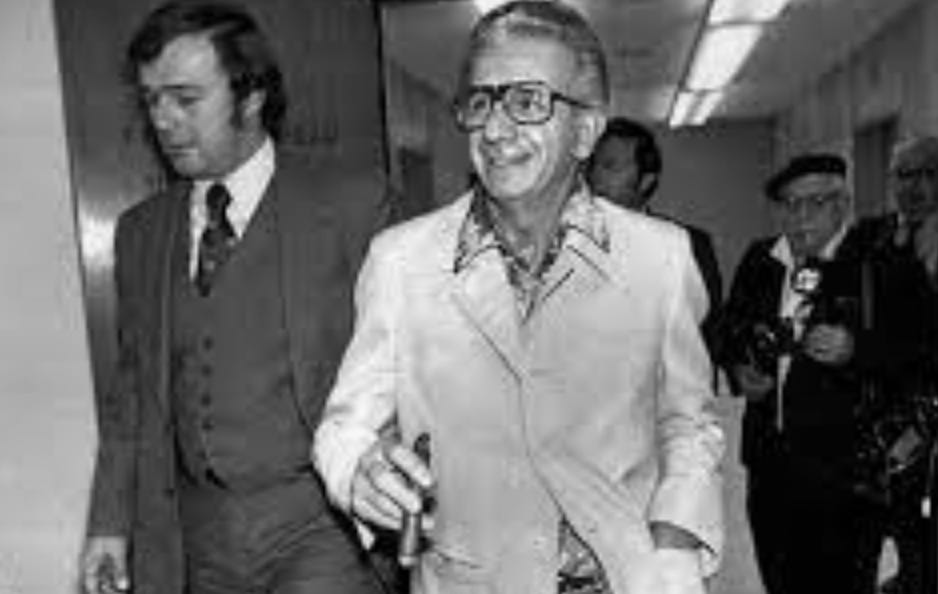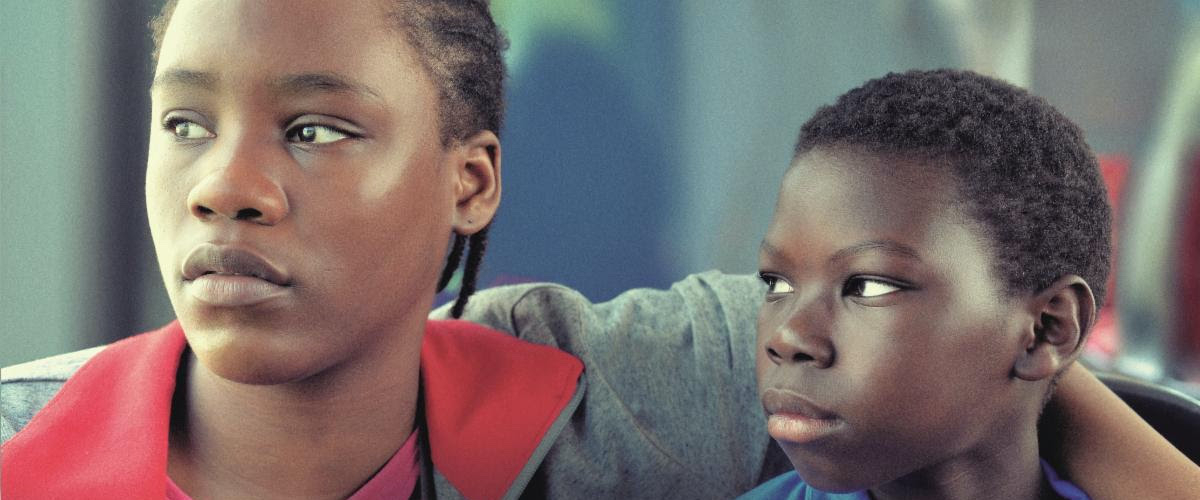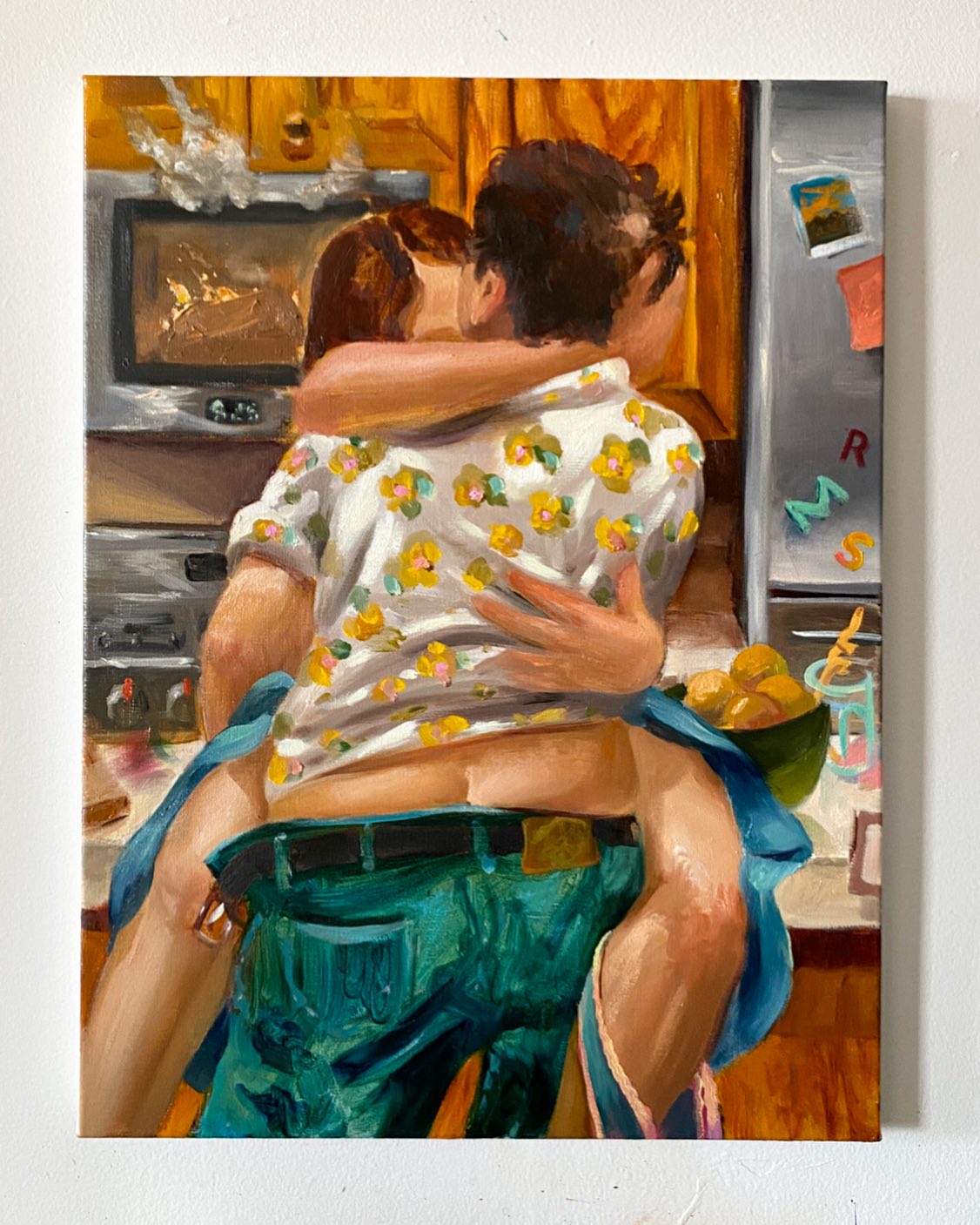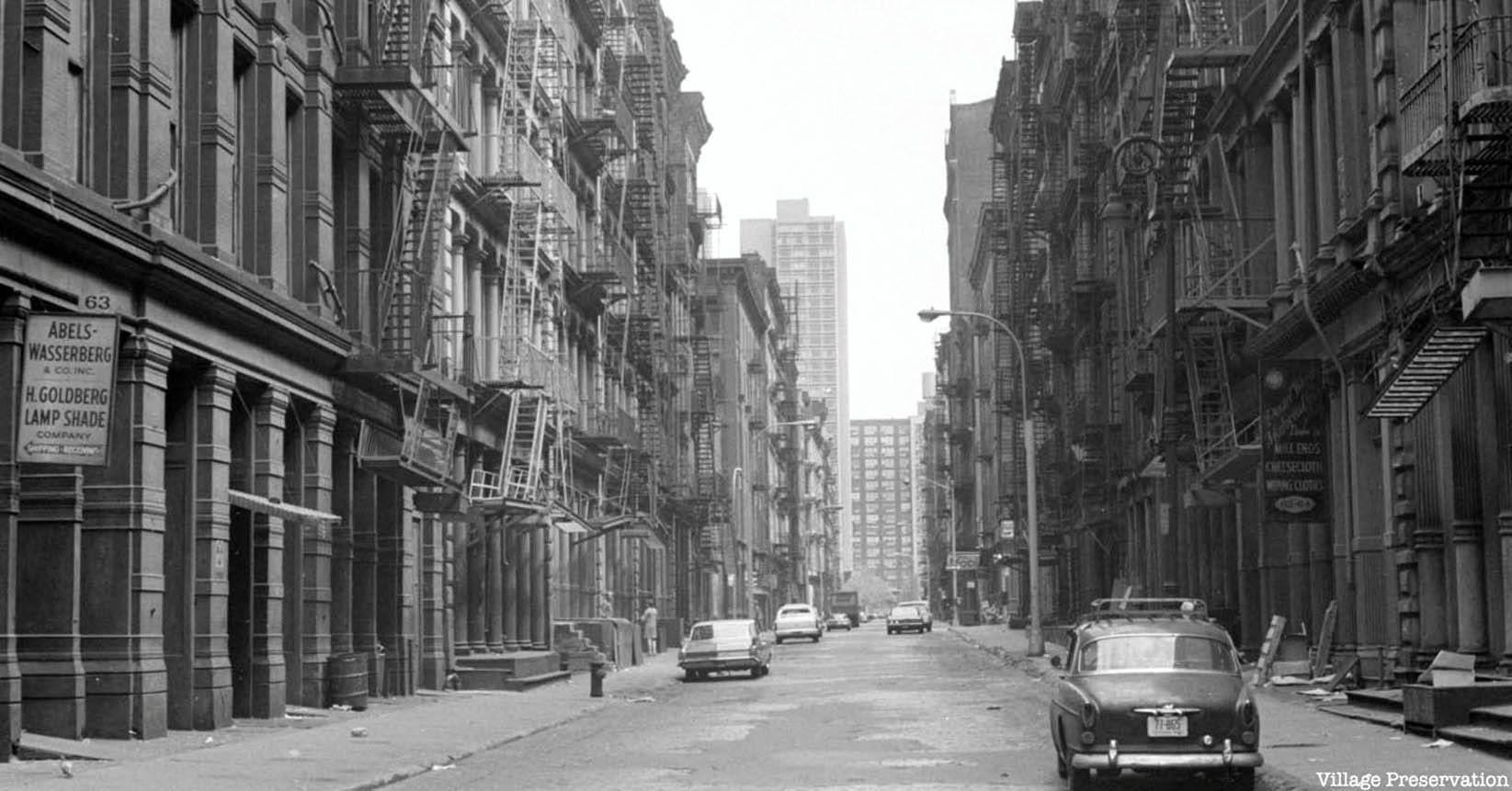
There was a time in my life, back when I was in my thirties when I was a crime reporter. Perhaps you are familiar with them from the movies: they are always two steps ahead of the cops, they put their lives at risk, and they are awakened at their crummy apartment at 6 a.m. by the lead detective, with whom they were in the army.
“Got anything to drink in this dump?”, the detective says.
Then the detective and the reporter toss back a scotch and the reporter does not worry one bit about not having any cheese or nuts in the house to go with it.
This was never me. It violated Wadler’s first and most important rule of journalism: Never put yourself in a situation in which people might shoot at you.



 Green Street in 1969
Green Street in 1969